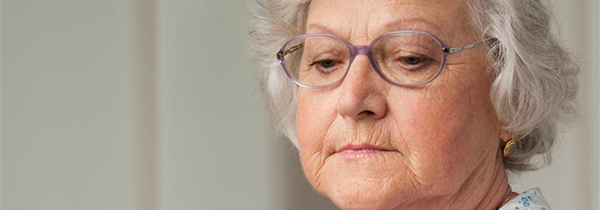
There are more common treatments for major depression, which include psychotherapy, medication, and electroconvulsive therapy. Psychotherapy is available and delivered to individuals, groups, or families by mental health professionals.
Mental health professionals include psychotherapists, psychiatrists, psychologists, clinical social workers, counselors, and trained psychiatric nurses.
Chronic forms of depression require a combination of medication and psychotherapy. Cognitive behavioral therapy (CBT) is the most common form of psychotherapy for depression and is a thoroughly researched and studied topic among professionals.
Research evidence shows that CBT is effective for children and adolescents. Psychotherapy, in general, is effective for older people and appears to reduce the recurrence of depression.
Antidepressants are also administered and used to treat depression. For those experiencing depression on a mild or moderate basis, the effectiveness of antidepressants ranges from no effect to minimal.
However, the effects of antidepressants are ironically superior to (effects of) psychotherapy; this view is specific to chronic major depression. Antidepressant medication treatment is usually administered 16 to 20 weeks after remission to minimize recurrence and to avoid relapse.
Lastly, electroconvulsive therapy (ECT) is a type of procedure used to induce a seizure; the procedure involves sending electricity through the brain via two electrodes. The patient is under general anesthesia. Hospital psychiatrists typically recommend ECT when there is a case of severe major depression where the patient doesn’t respond to antidepressant medication, psychotherapy, or related supportive interventions.
This type of therapy has a quicker effect than antidepressant therapy and is typically the choice for catatonic depression; this is when the patient has stopped eating and/or drinking and is believed to be extremely suicidal. The ECT procedure remains a controversial treatment and is often debated among professionals and regulators.
Retrieved December 4, New York: McGraw-Hill. Journal of Pharmaceutical and Biomedical Analysis.